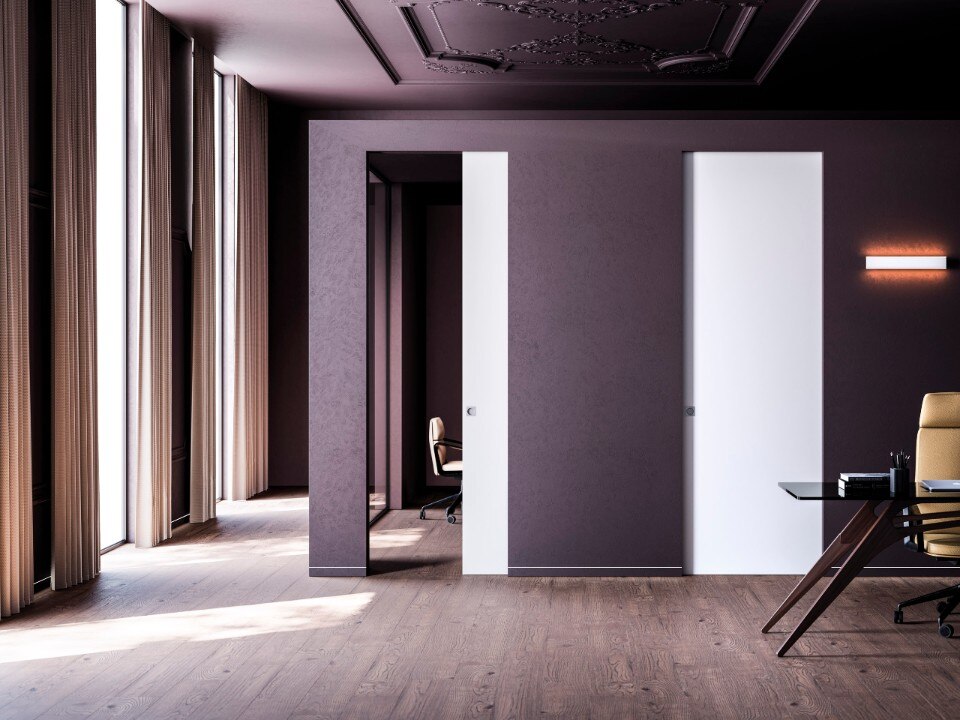The European Championships, the top continental competition for national football teams, will start on 11 June 2021. This edition, postponed by a year due to the Coronavirus, will be special, not only because it is a symbol of restart following the pandemic, but also because it will be itinerant and will be hosted in eleven European cities.
The format, designed to celebrate 60 years since the first edition, has several advantages: first of all, it distributes attention (and economies) to multiple European cities, avoiding congestion in smaller centres and ensuring that many more people attend the games. Aleksander Čeferin, President of UEFA, recently highlighted the benefits of the new formula, underlining the desire to remain consistent with the initial idea despite the current restrictions: "UEFA is committed to organising Euro 2020 in the cities originally planned. It is the flagship competition for national teams in Europe and is a vital source of funding for football and its development."

Another important aspect of this format is that it avoids the construction of new sports facilities, of which Europe already has an overabundance. New stadiums often remain unused or empty for long periods. The touring format is an antidote to the side effects of the "major events model": Olympics, universal exhibitions, world cup, etc., which have been much discussed in recent years.
Back to the facts: the eleven cities chosen by UEFA to host the competition are Amsterdam, Baku, Bucharest, Budapest, Copenhagen, Glasgow, London, Munich, Rome, Seville and St. Petersburg.
The competition starts on 11 June 2021 at the Stadio Olimpico in Rome (the oldest of the selected venues) and ends with the semi-finals and finals at the legendary Wembley Stadium in London. The protagonists of their architecture are some of the most renowned studios on the international scene, such as Foster + Partners, Herzog & de Meuron and Cruz y Ortiz Arquitectos.
Fortunately, the stadiums will – as is their nature – be populated by fans. In fact, the organisers have assured that no matches will take place behind closed doors, even though the capacity of the facilities will be reduced according to the choices of the various governments regarding anti-Covid measures: from 25% in most cases, to 50%.

Eclisse: when invisibility art shakes up interior design
A leader in manufacturing pocket door frame systems, Eclisse redefines the concept of living space. Through solutions like Syntesis Line, the company transforms doors into continuous design elements.


























